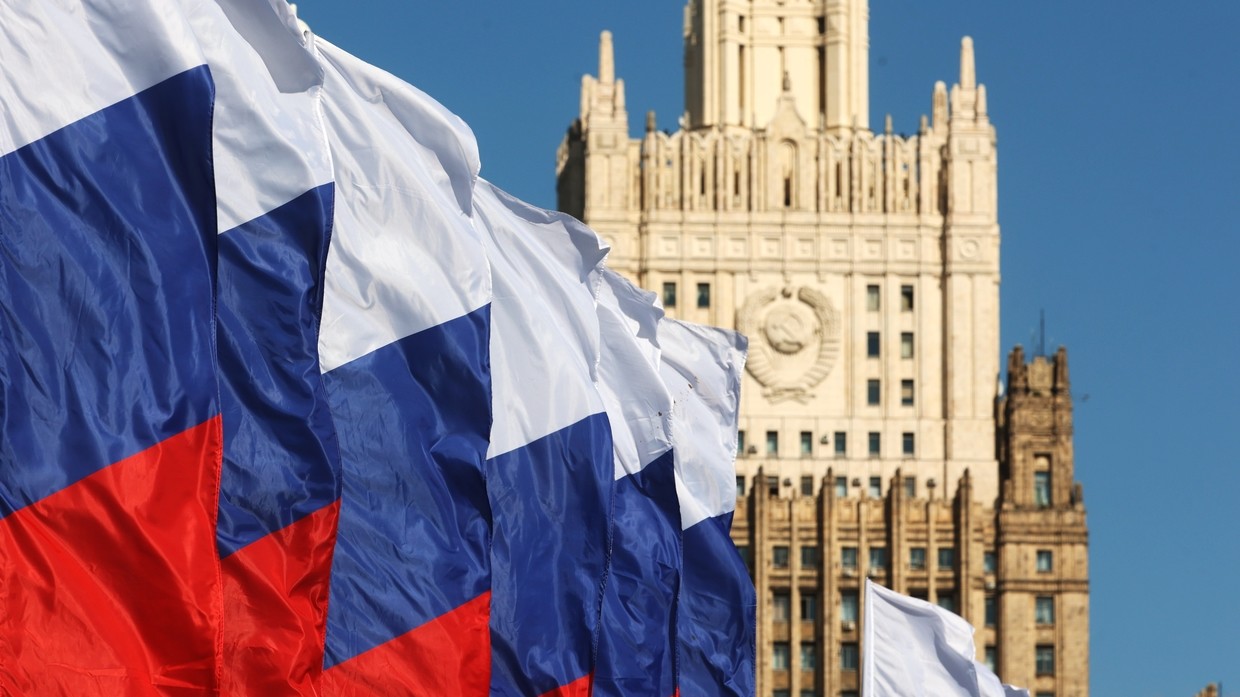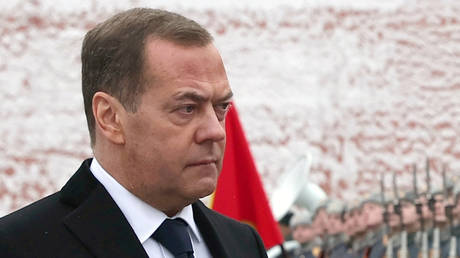The UK and French ambassadors in Moscow were summoned by the Russian Foreign Ministry on Monday amid rising tensions over the Ukraine conflict.
The envoys were seen visiting the building housing the ministry in central Moscow separately, but neither the UK’s Nigel Casey nor France’s Pierre Levy offered any comments to the press outside. The Russian government did not immediately discuss the meetings either, only confirming that the ambassadors had been summoned.
Earlier in the day, the Russian Defense Ministry announced an exercise to test deployment of non-strategic nuclear weapons. President Vladimir Putin ordered the exercise after “provocative statements and threats” by Western officials, the military said.
French President Emmanuel Macron has for months been advocating for what he calls “strategic ambiguity” regarding the Ukraine conflict. The idea is to keep the option of deploying NATO troops in Ukraine on the table to prevent a Russian victory. Russian Foreign Minister Sergey Lavrov suggested in an interview last week that the rhetoric stems from Macron’s wish to use “Russophobic” messages to boost the French position in the EU.
Meanwhile British Foreign Secretary David Cameron told Reuters over the weekend that Kiev “has the right” to use missiles provided by his nation to attack targets deep inside Russia. The remark appears to be a policy shift compared to previous claims by Western officials that Kiev is given weapons on the condition that they only be used within what Ukraine claims as its sovereign territory.
Also on Monday, Berlin announced that it was recalling its ambassador in Moscow, Alexander Lambsdorff, for consultations. The envoy is expected to return to Russia in a week.
The German government attributed the move to claims that Russia’s foreign intelligence service (SVR) was behind a cyber operation to snoop on senior members of the Social Democratic Party of Chancellor Olaf Scholz and other targets in the country. Moscow has described those allegations as baseless.


